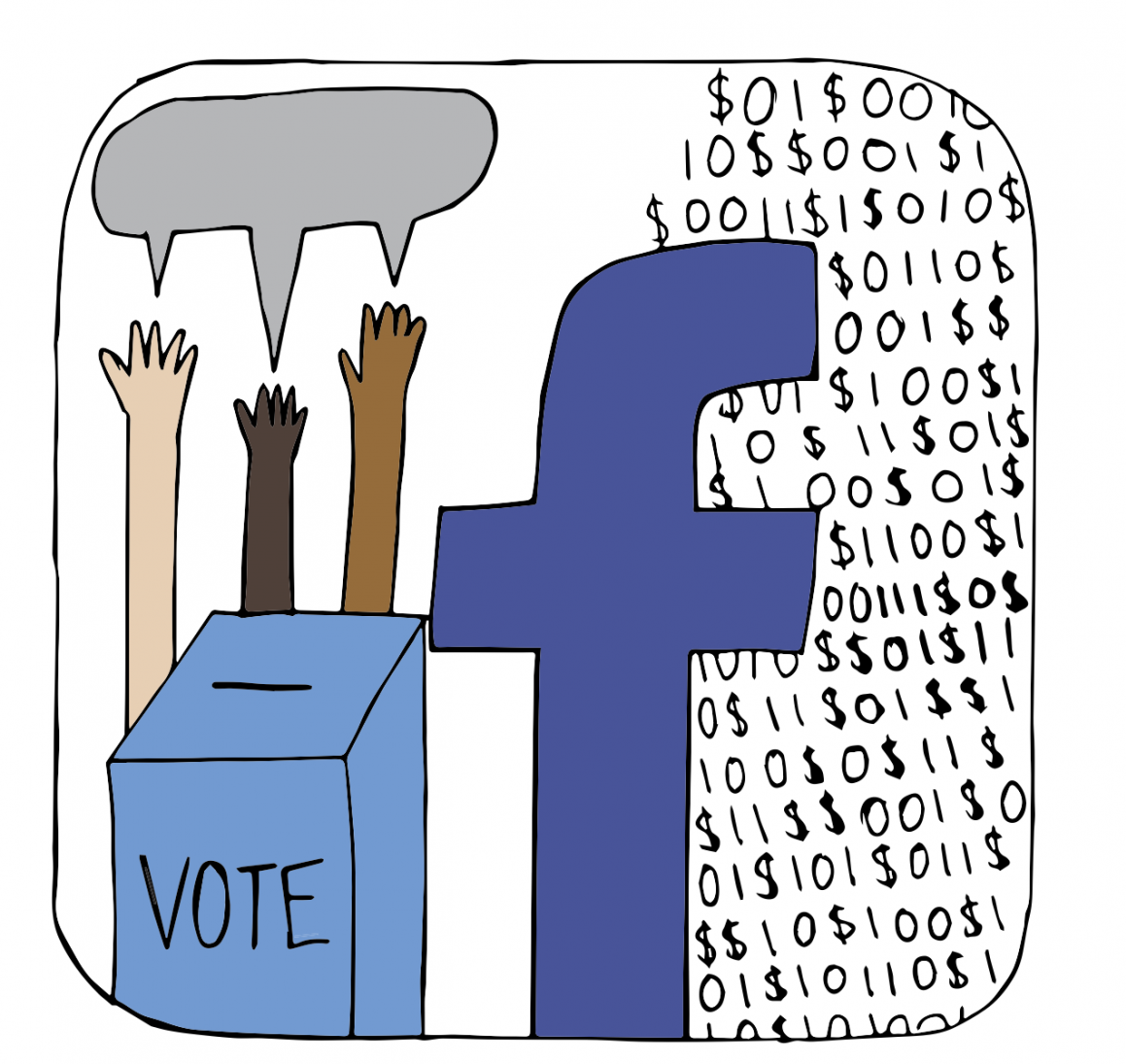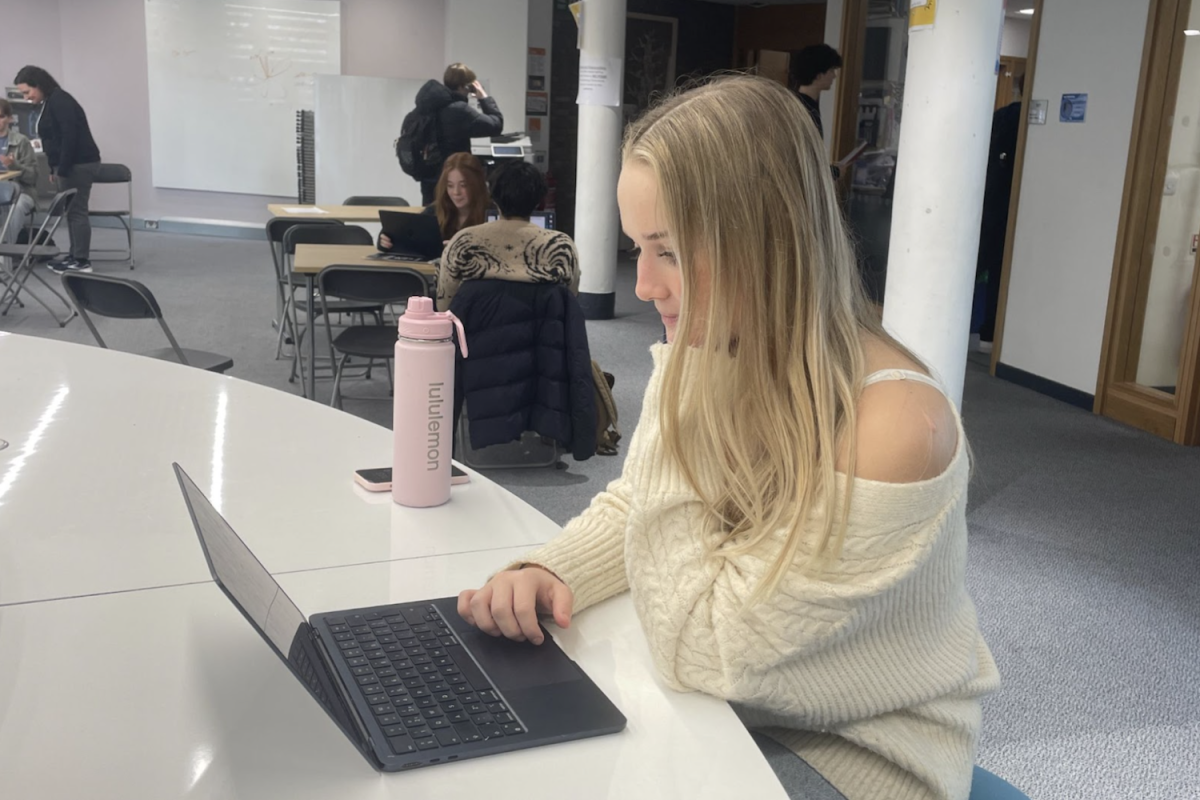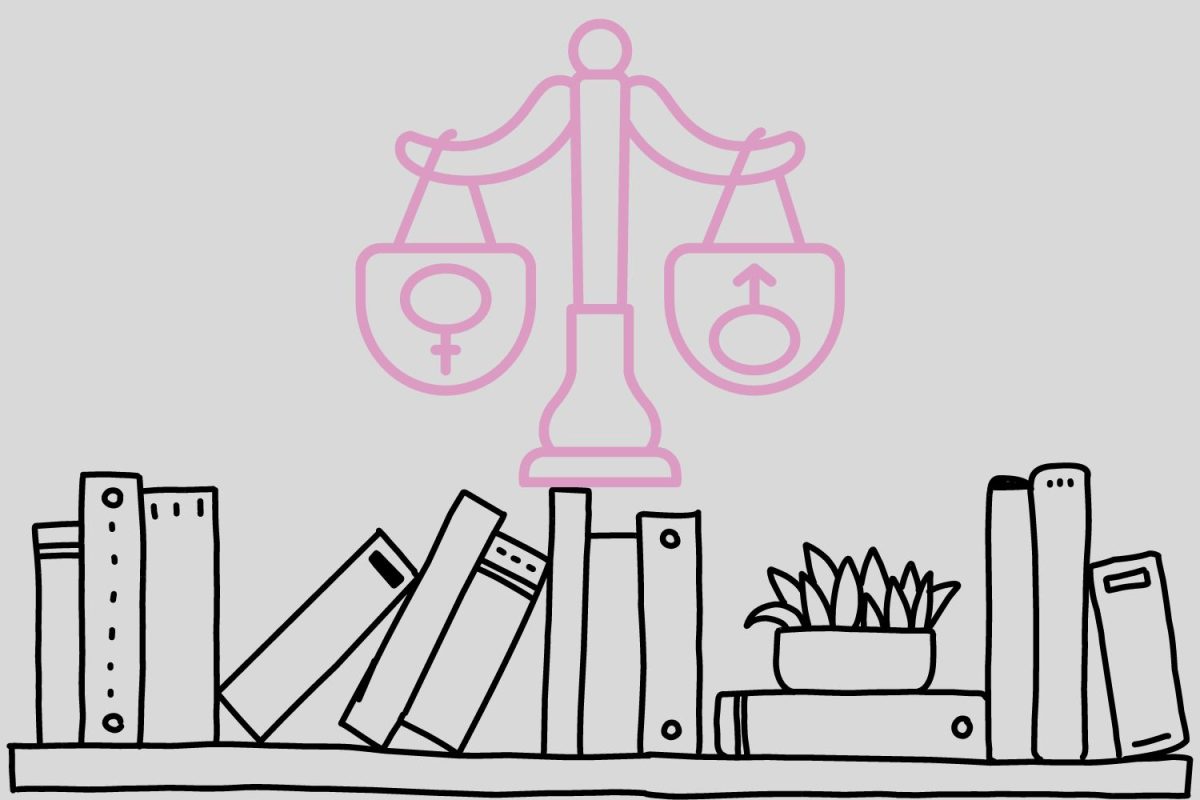Since its founding in 2004, Facebook has established itself as the largest social media platform in the world. With over 1.5 billion daily active users across all seven continents who share nearly 5 billion pieces of information, the company has achieved near-perfect market monopolization.
On top of that, it is estimated that they have generated nearly 1,500 petabytes of data every year since 2014. To put that in context, they have amassed more data in the past five years than all of the words ever spoken by human beings, ever.
The total value and use of that data alone, independent of the company which possesses it, is immeasurable.
Mark Zuckerberg, the co-founder, CEO and chairman of the tech giant, has repeatedly said that his intention is to use his platform to promote connectivity, ensuring that users’ access to information and content would be unrivaled by any other entity. This, in some instances, is true.
Pro-democracy movements in the 2011 Arab Spring used Facebook as a means to communicate with one another to coordinate protests throughout the Middle-East. These mass demonstrations led to the ousting of several dictatorial regimes, specifically in Tunisia and Egypt.
Black Lives Matter, an American organization that promotes activism around police brutality, has frequently credited Facebook with aiding them to in bringing about change.
However, these stories of hope should not excuse Facbook’s downsides.
Time and time again, Facebook has been utilized by foreign actors to purposely spread disinformation, intended to pit demographics against one another for one’s political gain.
Users have, for years, unintentionally exposed personal information to the site, which has been bartered, sold and weaponized.
The 2016 American presidential election underscore this. Heaps of Facebook users’ data was used by Cambridge Analytica, a data analytics firm in the U.K., to specifically target voters with misinformation to alienate them against Hillary Clinton. Concurrently, millions of Russian-made bots perpetuated these stories through likes and reposts. These two factors heavily tipped the scales against Clinton, and served to benefit Donald Trump.
Though the two were not coordinated, as confirmed by the Mueller Report, similar efforts to dissuade voters from participating in electoral processes through mass-misinformation campaigns have been seen worldwide. In the 2016 E.U. Referendum in Britain and the 2017 French Presidential Election, millions of Russian bots spread fake news through Facebook.
Facebook has also been used by demagogues to identify and target minority racial groups, as was the case in the 2017 Rohingya genocide. The platform was used by Myanmar’s military to incite violence against the Muslim faction, as many on the platform called for their extermination and forcible removal from the country.
Nearly 800,000 people fled the country, as horrendous reports of extreme brutality streamed in from the country’s borders. One incident claimed that a newborn baby was thrown into a fire in front of its mother and father.
As the platform served as the means through which ethnic cleansing was committed, Facebook also stifled those who attempted to document these violent incidents.
Democracy cannot exist without healthy dialogue and a free flow of information. This eternal conversation relies on the acceptance of facts and falsehoods, and the lack of a grey area between the two.
Given the nature of the atrocities which were committed, most of the content which documented them was inevitably going to be graphic and disturbing.
However, Facebook chose to remove these posts, as they were not consistent with their guidelines.
This was also the case in the Syrian Civil War, as many journalists risked their lives to photograph the violence on the ground, all to see their posts be taken down.
Facebook has consistently been exposed for the hypocrisy that is rampant throughout their corporate culture, refusing to accept, either out of their own ignorance or incompetence, the extent of the damage their platform has aided and abetted.
Government reports on both sides of the Atlantic have bashed the social media giant for knowingly and willingly violating data privacy laws, while also serving as a mouthpiece for the worst of society.
Democracy cannot exist without healthy dialogue and a free flow of information. This eternal conversation relies on the acceptance of facts and falsehoods, and the lack of a grey area between the two.
In its current state, Facebook has proven itself incapable of facilitating this given their apparent inability to manage themselves.
The beast they have unleashed is now beyond their control. The company must undergo a series of sweeping reforms, so as not be subject to government intervention.










Nancy k Grote • Nov 27, 2019 at 8:49 pm
Such an informative and balanced article on all the good and bad Facebook has done. I did not realize how Facebook stifled the posts documenting the violence in Syria and the Rohinga genocide in Myanmar.